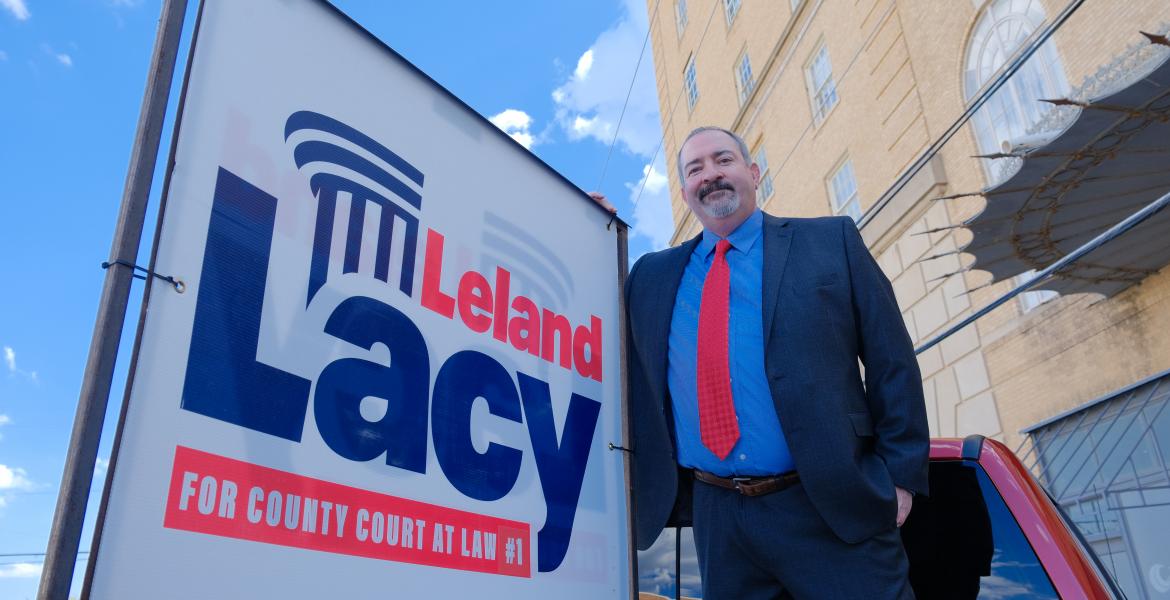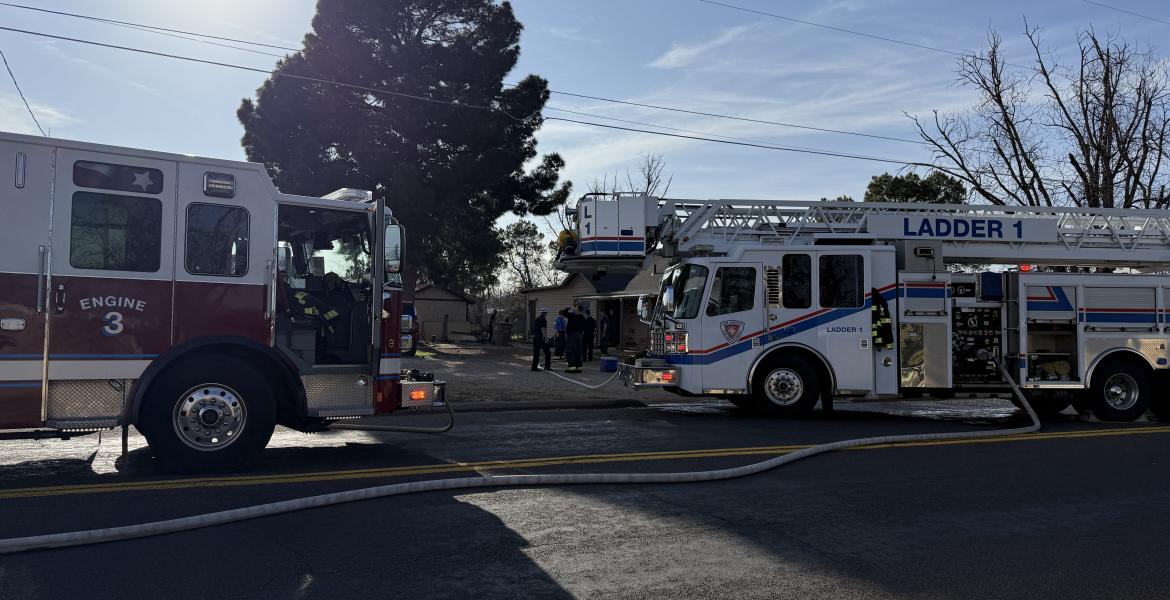Complaints from patients being denied doctor visitations are on the rise. We received calls weekly on the subject. Locally, and all through the country, Americans are being denied doctor visitations if they have Medicare, Medicaid, or a plan under the Affordable Care Act (ACA), commonly referred to as Obamacare.
Originally, when ACA was enacted, it increased Medicaid reimbursement rates for primary care physicians to Medicare levels. However, this increase only lasted for two years, 2013 and 2014. Now that the reimbursement rate has fallen, doctors cannot afford to accept patients with Obamacare or Medicare. In a 2014 Survey of American Physicians, officials reported that, “38 percent of physicians either do not see Medicare patients or limit the number they see.”
When Obamacare went into effect on March 23, 2010, it was intended to “provide more Americans with access to affordable health insurance, improving the quality of health care and health insurance, regulating the health insurance industry, and reducing health care spending in the US.” The law aimed to reform private and public health insurance systems so that up to 24 million Americans could have coverage by 2023. The goal of Obamacare is to give Americans access to more affordable, quality health insurance and reduce the growth in U.S. health care spending.
There are many different types of insurance that fall under the affordable care act. The only problem: depending on the insurance company and the type of policy the holder has depicts what doctors will accept.
Some health clinics may accept Obamacare, but there are different types of insurance that fall under Obamacare. Obamacare is not one specific type of insurance. For instance, Blue Cross Blue Shield provides insurance through the Obamacare health insurance exchange.
[[{"fid":"18431","view_mode":"default","type":"media","attributes":{"alt":"ObamaCare VS Medicare","height":"166","width":"360","class":"media-element file-default imgbody"}}]]
Medicare is the “federal health insurance program for people who are 65 or older, certain younger people with disabilities, and people with End-Stage Renal Disease (permanent kidney failure requiring dialysis or a transplant, sometimes called ESRD),” as stated by medicare.gov. Medicare falls into four categories.
Medicare Part A falls under hospital insurance, such as hospital stays, care in a nursing facility, hospice care and some home health care. Medicare Part B covers certain doctor’s services, outpatient care, medical supplies and preventative services. Medicare Part C is offered by a private company associated with Medicare and incorporates Part A and B benefits as well as Private-Fee-for-Service, Special Needs Plans, and Medicare Medical Savings Account Plans. Medicare Plan D adds drug prescription coverage to the Original Medicare Cast Plans. All of this information can be found at https://www.medicare.gov/sign-up-change-plans/decide-how-to-get-medicare/whats-medicare/what-is-medicare.html.
Local Shannon Medical Centers do accept Medicare. The hospital will bill Medicare for all services that the patient receives, but Medicare requires the hospital to ask questions regarding other insurance coverage to ensure Medicare is the primary insurance that the patient uses.
[[{"fid":"17272","view_mode":"default","type":"media","attributes":{"alt":"(Contributed photo\\Shannon)","height":"337","width":"387","class":"media-element file-default imgbody"}}]]
Shannon Medical Center accepts many kinds of insurance. Keli Ramsey, the Chief Operations Officer and Mary Cortez, the Managed Care Director of Shannon Medical Clinic, gave an insight about how the Shannon Medical Center functions and operates concerning health insurance.
Ramsey and Cortez named “Blue Cross Blue Shield, United Health Care, Cigna Health Insurance, Humana Health Insurance, Aetna, Scott and White, Caprock Insurance, Medicare, and Medicaid" as insurance companies that Shannon Medical Center accepts.
Shannon Medical Center has many practices falling under primary care. They offer Internal Medicine, Family Medicine, Pediatrics, OBG, Urgent Care and an Access Clinic.
In regards to Urgent Care, Ramsey said, “If there was anything to be given with anybody, our urgent cares take them.”
As for the Access Clinic, Ramsey explained, “If a patient comes in with Medicare and are new to us, we would match them up with the best fit and then we would see them.”
When asked if Shannon would take patients regardless of disability or illness, Ramsey and Cortez said, “At the Access Clinic, if they have come out of the hospital, they will be seen. At the Urgent Cares, if they walked in, they would be seen.”
Due to the falling of reimbursement rates, many patients with Medicare and ObamaCare have complained about not being accepted by a new primary care physician. Ramsey had an idea of how this could be happening.
“In some of the other areas of the country, there were Medicare/Medicaid HMO’s that were set up and considered capitated," Ramsey said. "If that was the case, then some of the ObamaCare money was running out. But I don’t think that Shannon, or anywhere in San Angelo, is under that same regulation or requirement to have a capitated plan. So I don’t think that affects us.”
A capitated plan is a healthcare plan that allows payment of a flat fee for each patient it covers. Under a capitation, an HMO or managed care organization pays a fixed amount of money for its members to the healthcare provider. An HMO is a type of medical insurance group that provides health services for a fixed annual fee.
Cortez went on to say, “In our eyes, there is no distinction between group insurance or individually owned insurance. If you’re insured, then you’re insured. It doesn’t matter to us.”
Many patients have tried to find a new primary care physician. Cortez said, “I don’t see how that would be based upon insurance here. Insurance is not a barrier here.”
At the Shannon Clinics, officials are recruiting more primary doctors actively to keep up with the growing population of San Angelo. Sadly, doctors are only able to see patients for eight hours a day.
Sheryl Pfluger was contacted for Community Medical Center, but was unable to provide information for this topic in time before the release of this article.
However, Debbie Cunningham, an insurance agent for Farmers Insurance provided her take on this topic. She works hand and hand with people on a daily basis to help them acquire insurance, and is a personal advisor who helps inform the average person about insurance they are eligible for.
[[{"fid":"18718","view_mode":"default","type":"media","attributes":{"alt":"Farmers Insurance","height":"179","width":"329","class":"media-element file-default imgbody"}}]]
Cunningham, who is passionate about her work, disclosed that one of the problems with patients being denied clinic visits is due to many older doctors retiring and not practicing anymore. This left a lot of patients who had Medicare without a primary care physician.
“With this being a retirement community, that’s leaving a lot of people left in a horrible situation,” she said.
One local senior resident with Medicare, Christine Castillo, said she has run into many problems here in San Angelo when trying to find a primary care physician. When Ms. Castillo moved here four years ago, she said she began her search by looking in the yellow pages and tried calling five doctors she found listed. At that time, she had good insurance. She not only had Medicare, but she had a Medicare Supplement with United Health Care. She is a retiree of the State of Arizona.
“I was very surprised that I wasn’t able to find a doctor that was accepting any new patients," Castillo said.
Castillo added that every doctor's office gave her the same response each time she called: "We're not accepting new patients." During this long battle, Ms. Castillo said, “I can’t understand why a town this small wasn’t accepting any new patients.”
When Castillo spoke with one of the office managers at a clinic that would not accept her as a new patient, the manager explained to her that her doctor would not accept Medicare anymore because they had lost a lot of money in the past by accepting patients who had Medicare insurance. Each office can only accept so many Medicare patients because, after the services and visits, the doctors were barely breaking even.
Luckily, after her long search, Ms. Castillo found La Esperanza.
[[{"fid":"18428","view_mode":"default","type":"media","attributes":{"alt":"La Esperanza Logo","height":"188","width":"269","class":"media-element file-default imgbody"}}]]
In Tom Green County, there are three La Esperanza clinic locations. The clinics serve the rural population in San Angelo and surrounding cities and exist for patients who need a physician. Mike Campbell, Chief Executive Officer for La Esperanza, said, “La Esperanza Clinic accepts and provides primary, preventive health and dental care for all patients regardless to their documented ability or inability to pay, on a sliding fee scale. The clinic exists to provide primary health and dental services to those who are otherwise unable to obtain health care, i.e. uninsured, underinsured, disenfranchised form existing health care resources, or those who are seeking a comprehensive medical home where they are more than a number related to a market share measure.”
[[{"fid":"18430","view_mode":"default","type":"media","attributes":{"alt":"La Esperanza Location","height":"128","width":"327","class":"media-element file-default imgbofy"}}]]
He added that everyone is accepted at La Esperanza clinic, whether the payer is private, public, subsidized, or self-pay. All of this includes coverage through ObamaCare or Medicare. In January of 2016 alone, 2,500 patients have been seen for physician services.
“Thirty percent were covered by either Medicare or commercial insurance,” Campbell said.
Ms. Castillo stated, "I have stayed with La Esperanza. I haven't tried to find another doctor because I am happy with the doctor I have." Ms. Castillo has been a patient at the La Esperanza clinic since 2012 and has been happy with the service that the La Esperanza clinic has provided to her.
Like Castillo, there is a rising number of patients being denied service of a physician and that's becoming an exponential problem around San Angelo and through the United States. If it wasn't for clinics like La Esperanza, many patients, especially the elderly, would be struggling to receive care.
Therefore, during this time of need and confusion, Debbie Cunningham advises people with these programs to speak to an insurance agent to get help with any clarification needed. Ramsey and Cortez confirmed that no one will be turned away from Shannon, despite the insurance they have. However, some people, including Castillo, have claimed otherwise.
Subscribe to the LIVE! Daily
Required






Post a comment to this article here: